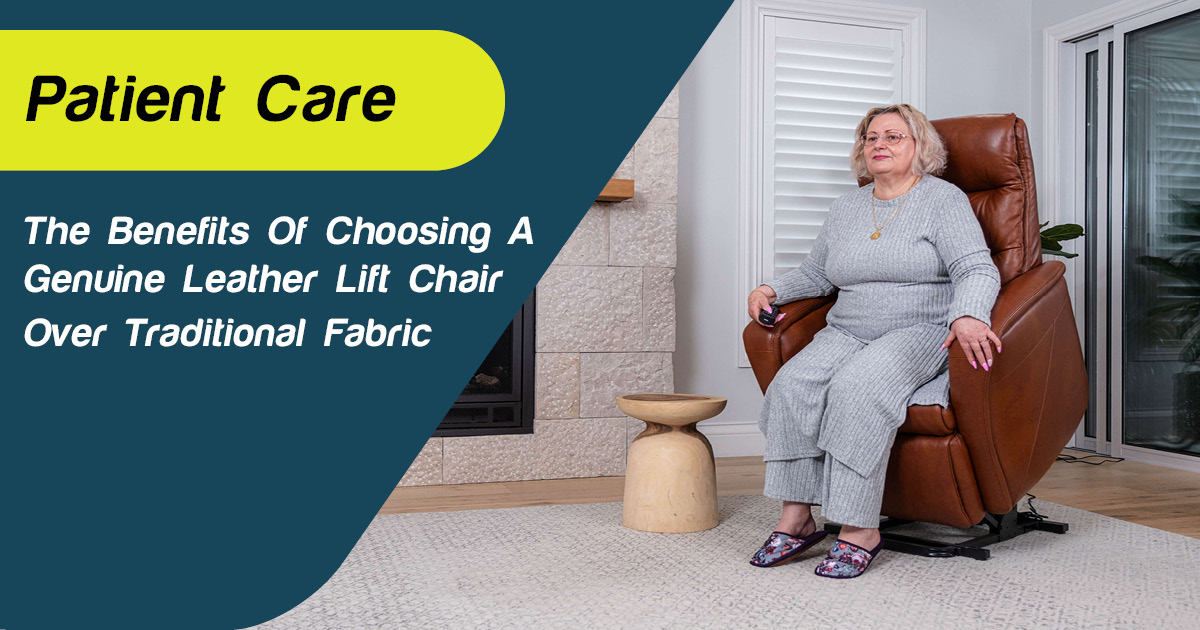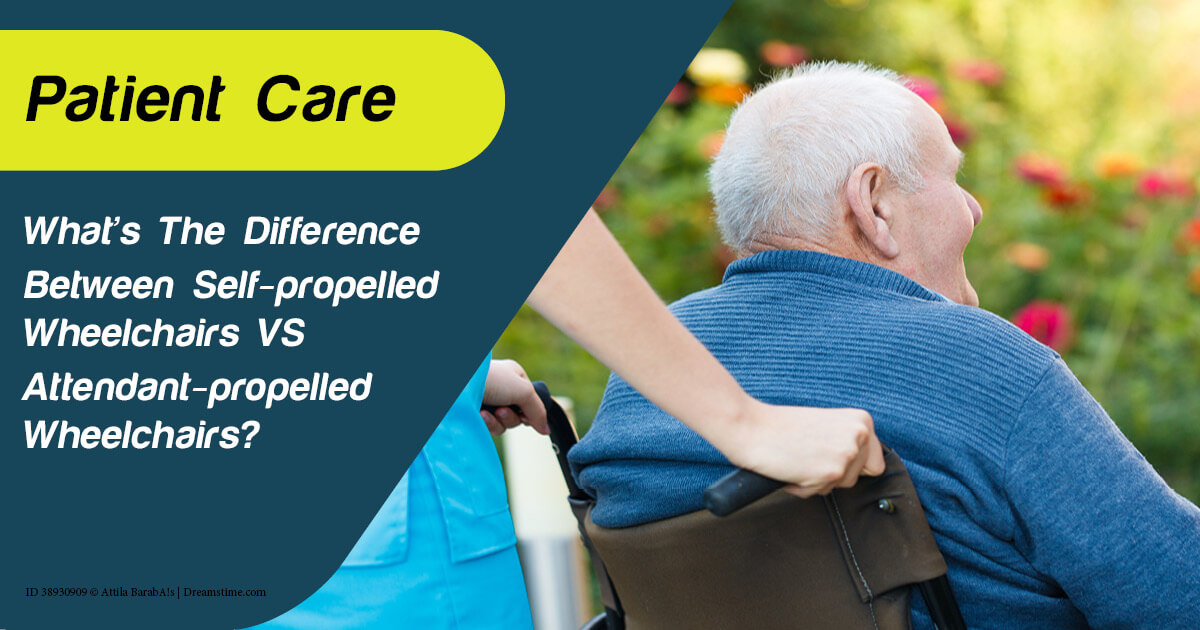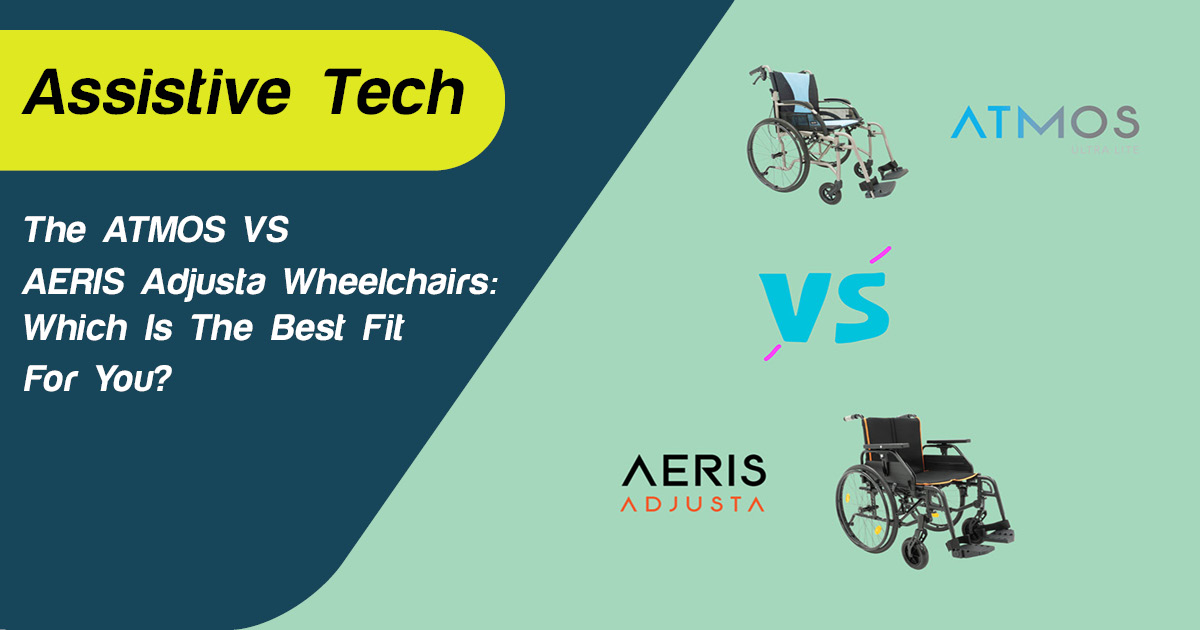
Share
 1.png)
Specialist disability accommodation is housing for people with extreme functional impairments or high needs. It makes accessing supports easier — the SDA Design Standard provides detailed requirements for this kind of accommodation, including improved liveability, robust construction, accessibility and high physical support, improving the overall standard and quality of living.
Specialist disability accommodation often involves sharing a home with a few other people with similar needs, although your loved one can live in accommodation alone if this suits them better.
Navigating specialist disability accommodation can be confusing, but we’re here to help. This article explains the ins and outs of specialist disability accommodation (SDA) so you know what to expect and how to find it.
Who is eligible for specialist disability accommodation?
 2.png)
The truth is, most NDIS participants don’t need to live in SDA. As mentioned earlier, SDA is for people with high needs and need to live in specialised homes, often with a lot of person-to-person support.
Before recommending SDA, the NDIS will look into other, more suitable alternatives for your loved one’s needs. For example, if your loved one is already living at home, the NDIS may recommend funding for home improvements, and offer supports to make living at home easier and more accessible.
How do I find specialist disability accommodation?
 3.png)
If your loved one has been approved for SDA, you can search for vacancies using the NDIS’ SDA Finder. This interactive tool has multiple filters to help you narrow your search e.g. locations, building type and maximum price per person per year (in most cases, you will still need to pay rent and cover other personal costs to live in SDA).
If you are having trouble finding SDA for your loved one in your local area, we recommend contacting the local SDA coordinator or support coordinator. They may be able to help find something sooner rather than later.
What other kind of housing is available?
 4.png)
If the NDIS does not recommend SDA for your loved one, there’s no need to worry. A wide range of other housing options and supports are available to help maintain your loved one’s independence and see them live life to the fullest in the community.
- Supported independent living (SIL)
Support independent living (SIL) is designed for people with higher support needs who need some level of help at home at all times. It includes help or supervision with everyday tasks like personal care and cooking meals while also helping with skill building.
- Individualised living options
These supports are developed by your loved one and help them use their NDIS supports to live the way they want. It can include things like personal care, skill building, or support with household tasks like cooking or shopping. Your loved one will choose where they want to live, who they live with and how they will be supported.
- Medium and short-term accommodation
If your loved one needs somewhere to live for a while before moving into long-term accommodation, the NDIS offer both medium and short-term accommodation options. To be eligible, your loved one must have a home to move into within 90 days (medium-term accommodation) or 14 days (short-term accommodation).
- Personal care supports
Personal care supports relate to assistance with personal activities like personal hygiene, toileting, eating and drinking, attending appointments, mobility and transfers, the use of aids and appliances and much more. These can be used whether your loved one is living alone at home, living with family or friends, going on holidays, getting involved with social events or being employed.
- Home modifications
These are changes to the structure, layout or fittings of your loved one’s home to ensure they can access and move around frequently used areas in their home. The NDIS will usually fund home modifications so long as they provide value for money, follow the Building Codes of Australia (BCA), and are reserved for participants with inaccessible homes or homes that adversely impact their care arrangements.
It’s important to remember that different housing and living supports suit different people. We recommend talking to your loved one’s NDIS coordinator to determine the best possible housing option for their needs.
Active Mobility can provide all the products you need for extensive home modifications
Here at Active Mobility, we want to make living at home more comfortable and accessible for people with disabilities. As a registered NDIS provider, we offer a wide range of products to make home modifications simple and affordable — from ceiling hoists and track systems to bathroom rails and much more, we stock all the products your loved one needs to live comfortably and safely at home.
Shop the range online now!









